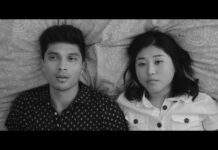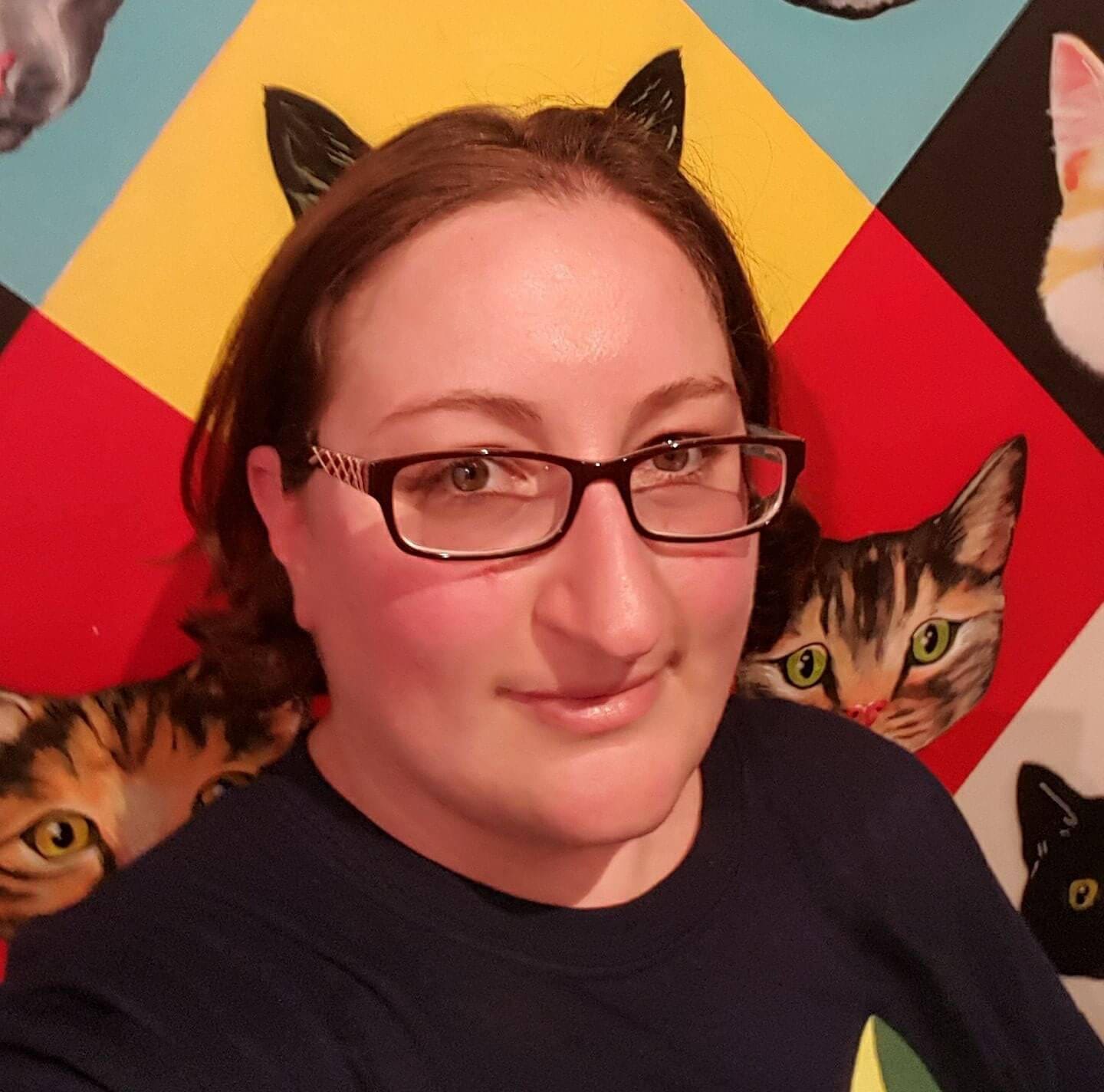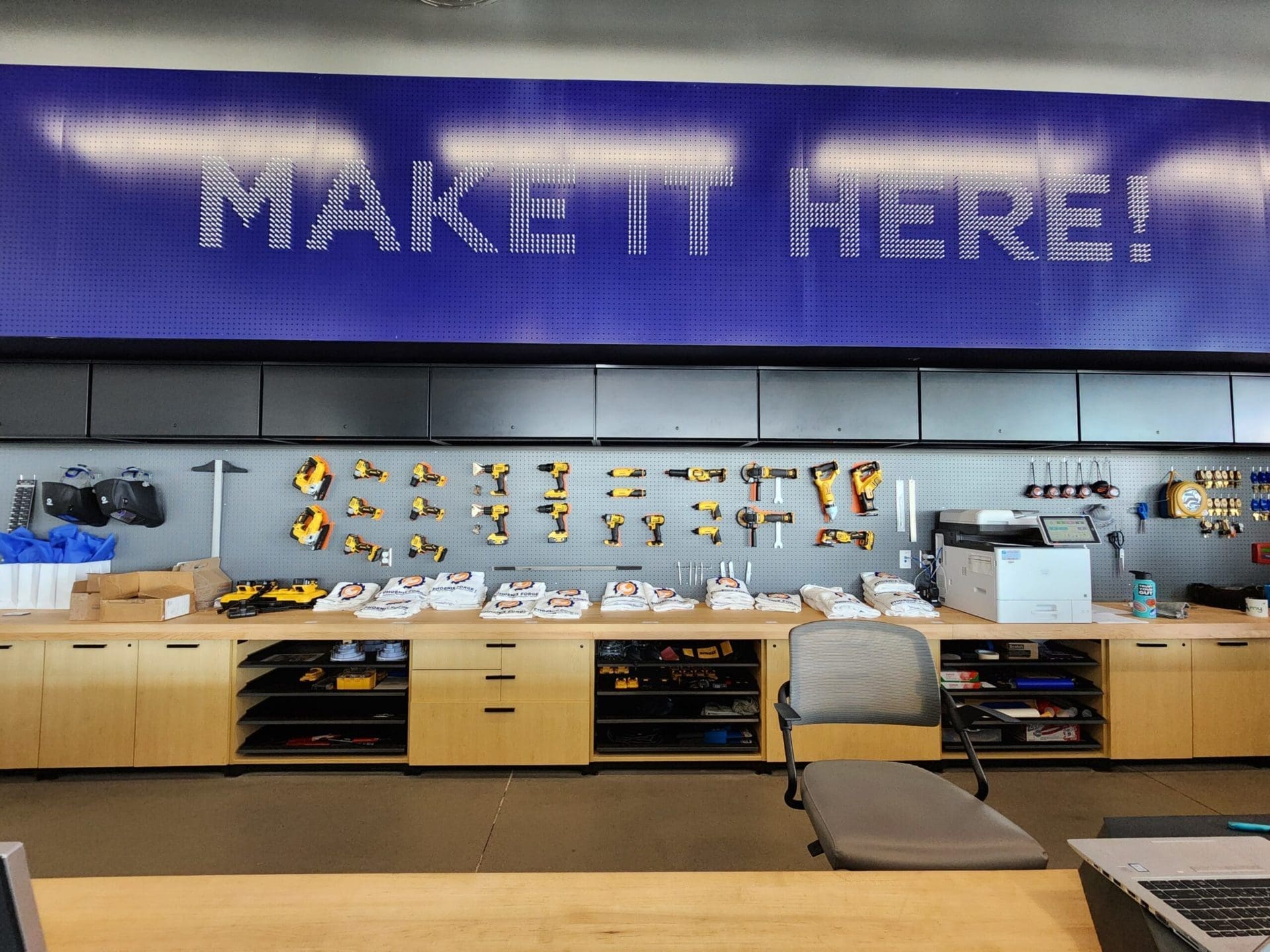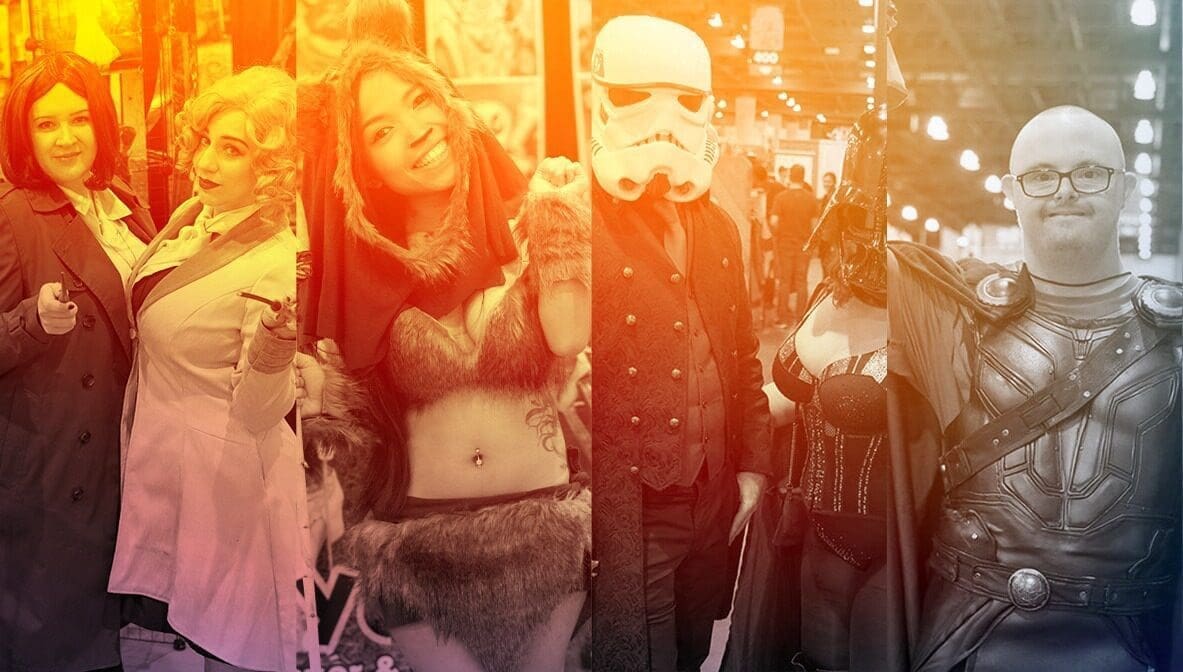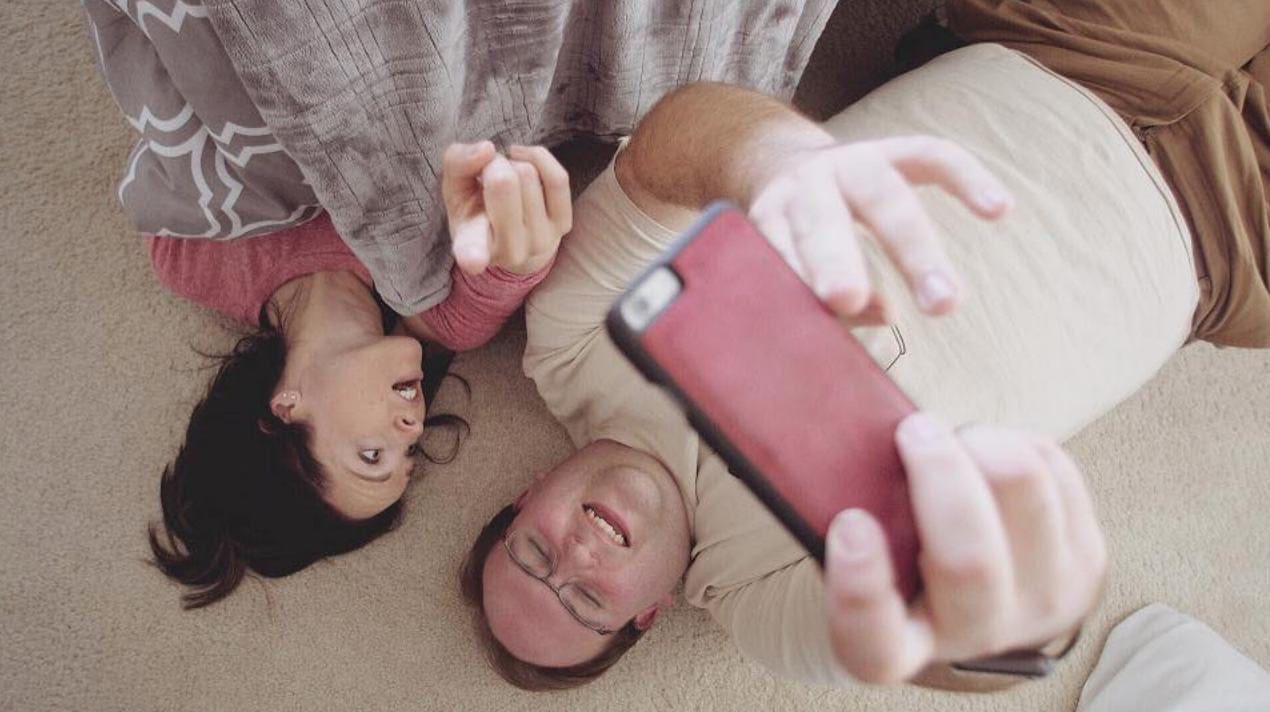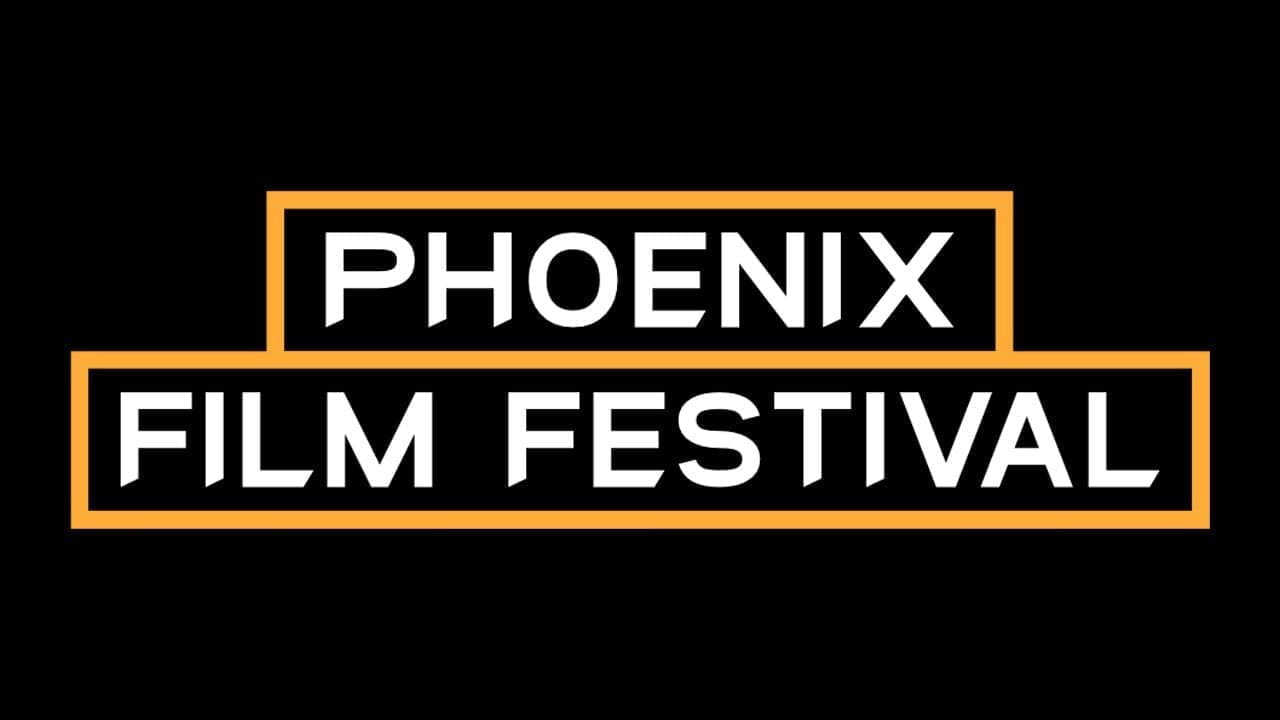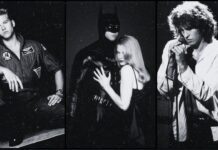On June 1st, singer/songwriter and LBGTQIA+ activist Ryan Lill dropped his newest single “Ocean” just in time for Pride Month. Ryan is best known for his 2014 hit “Kerosene” which put him on the map in the music world and landed him an MTV Artist spot. He has gone on to work with celebrities such as Meghan Trainor and Todrick Hall and his 2021 single, “Adore Me” has reached regular radio play.
Recently, I got to sit down with Ryan to discuss his career, his songs, and what it means to be proud of who you are.
Laurel: Ryan, thanks so much for meeting with me! Let’s talk about your new single! Which came out on June 1st.
Ryan: So it’s called Ocean and it’s a song I wrote about a year ago after I finished watching the show called “The Outerbanks” which is a show that was filmed in my hometown of Charleston SC. I have a friend on the show named Madison Bailey. The show is so good, it’s got this vibe of like being an outcast in your own town, which, hello, story of my life. I decided to write a song that was not only relevant to LGBTQIA+ community members but for anyone who has ever been in this tide change, this shift within. Like staying above the undertow and current. It’s a really stripped-down piano and vocals song which is not super unusual for me, but I’ve definitely been a little more pop recently.
L: Yeah your songs are really pop and upbeat, like your latest single, Adore Me. So it’s very different than that.
R: Yes. It’s (Ocean) is going to be a whole different world for me. It’s big, and I just don’t want to be put in a pop genre box. I put out another piano piece before called “Pretty Face” which is still pretty pop, but this (Ocean) is definitely more raw, just vocals that I’ve done. I just really wanted to pay ode to life on the coast. The ocean has been in my life the whole time and it’s so beautiful but it can also kill you. I just wanted to put something out there that was personal to me, but that people can also connect to.
L: Speaking of your more recent single, “Adore Me,” let’s talk about that music video and how hilarious it is!
R: Thank you! I was raised like an 80s baby and my mom had a VH1 pop-up video of Madonna playing in the background. I literally grew up with these 80’s queens so no wonder I turned out the way that I did! Nature versus Nurture, right? *Laughs* I really wanted to pay homage to that. We used to do this Richard Simmons “Dancing to the Oldies” workout tape and all of my siblings would be dancing behind my mom and just having a really good time. So I was like, I want to be one of those video girls. They always have great hair, they’re chewing bubble gum, they’re having the time of their life, and none of them are super fit. But they are there and they are killing it! I wanted to take this 80’s inspiration and really run with it and make it funny and fun. I never want to be taken too seriously. My whole life has been taking negativity and turning it into something positive.
L: That’s wonderful. So let’s actually talk about another song that is a little more personal and raw. The song “Coming Out” was the first original song that you dropped. I take it, it was like your personal story, right? What inspired you to write that song?
R: Surprisingly enough, I was going to put out a song and I had a bunch of songs already written. I had seen all these other artists that had these LGBTQIA+ anthems that didn’t do very well and people were telling me “don’t do that.” It was like a taboo. I got told repeatedly from so many people, “do not put that song out.” And I told myself that everyone is telling me not to do it so naturally, my head says “We’re gonna do it.” I had a really incredible coming-out story. My family is wonderfully supportive, but the worst part about coming out to me was my own negativity. I had beat myself up for so long about it. I knew my family would be okay but I just had it in my head from being raised Catholic and Baptist at the same time. So I had Southern Baptist and Catholicism screaming one way and I’m in the middle saying to myself, “I think you like boys, but maybe not.”
So (when I wrote the song) I really dug down, the whole, “Palms sweaty, feet on the ground” storyline was not about me being worried about everyone else, I just hadn’t said it out loud to myself yet. People say how one moment can change your whole life and I can pinpoint when my life pivoted to this moment where I felt visible to myself. I don’t know, I came out at a family cookout and I told everyone that I had to say something and no questions. Everyone was like “Okay” and I said, “I’m gay,” and they said, “okay.” My mom said, “I do have a question…” and I’m pouring tears and she says, “What kind of cheese do you want on your hamburger.” And that’s my story. I think my mom was more upset that I never felt comfortable enough to tell her up to that point.
I remember days sitting in my room just beating myself up thinking that everything is going to change, my relationships will change, and they did. But in this positive way. I’m just such a far distance from that person I was, that when I think back to the age before 19, it’s just a blur of acting. I was basically acting for my entire young adult life. I should win an Emmy for it! *Laughs*
L: That is just so incredible that your family was so supportive and your world changed with that one word but in such a positive way.
R: That song, you know, I always forget about it because it’s so far from where I am now, but it really put me on the map when I put it out there. A lot of people were negative, but everything in my personal life was so positive from it.
L: You are a big LGBTQIA+ activist. What are some of the issues that you’ve seen that the community face?
R: From my own personal perspective, I think our community needs to make a shift in how we view body image. It’s massive in the gay community that you have to be six-packed, tall, skinny, or you have to fit into some subcategory of body type. And I’ve never understood that. Maybe because I’ve always been a bigger guy, but I have always felt so powerful in my body. Yeah I’ve had people say nasty things and hurt my feelings but I’ve never grasped that (negative body image.) I’ve watched people gain weight, lose weight, change their hair color, change their eye color, so they can just feel like themselves. And meanwhile, they are miserable because someone is telling them they don’t fit this mold. There is no such thing as a mold. Just get rid of that idea.
The other biggest thing recently is that I have seen people purposely misgender people, mispronounce people, dead name people in the trans community, and I’ve never understood that. If I said, “Hey I just want to be called Gary,” it would be fine. Why is it so hard for people? If I identify as a man, whether you think I identify as a man or believe that physically I identify as a man, should not matter! So when people go out of their way to it, (misgender, misname) it physically pains me and I feel like I have to be the person to walk up to them to correct them. If I have to be that person, then I will be the person who reaches out and says “I’m not doing this.” These bathroom laws in Tennessee, how dare you try to take where we have come, which to be honest isn’t super far, but it’s better than where it was. How dare you take that and put signs on doors that say if you are trans you aren’t allowed to use the bathroom. It wasn’t that long ago that people of color couldn’t use the same bathroom, and are we really going back to that?
L: I’m really glad you brought up that point. Many times people in the LGBTQ community will only focus on one aspect of it and don’t focus on others’ rights in the same community.
Ryan: They are blinded. For me, I identify as Queer in general. I am a gay man, but I have gone in and out of this fluidity of non-binary, and I’ve questioned before if I was trans. I’ve questioned before if I am asexual. Am I bisexual? This sexual identity and sexual attraction I’ve always been so wavy in it. And while yes I am a boy and I feel like I don’t need to change who I am, I am very non-conforming when it comes to gender norms. People get so mad at the word “trans” or “non-binary” but these things have always been around, it’s just now we have words to put to them that people can tell you how they identify.
L: I mean it’s always good to question who you are as a person. What’s the point of life if you aren’t constantly questioning yourself and who you are?
Ryan: Yeah! And anybody to tells you they know who they are at their core is full of shit! *Laughs* I’m 32 years old and everyone kept telling me, “When you’re an adult, you’ll understand.” and now I’m like “When am I going to become an adult? Because I still don’t understand.” *Laughs*
L: So your single, “Ocean” dropped on June 1st, just in time for Pride Month. What does Pride mean to you?
Ryan: I have such a hard time discussing pride because I never felt like I fit into this crowd of “who you are” moments, like in Pride parades. The body dysmorphia that I talked about earlier comes into play. Like I never felt personally celebrated before. Now as an artist who has gained some traction and played at Pride shows, now people want to get to know me. And it’s weird to me. Pride to me isn’t about showing the world that you are gay or queer you are. Pride is about the attitude you have about yourself. Pride is about self-love and self-care. It doesn’t matter what you wear to pride, it’s about you being there and saying “I showed up. I’m in my own skin, I’m comfortable, and I’m doing this.” I just hate this feeling that pride is no longer inclusive and I want everyone to be there. Pride to me is everyone comfortable in their own skin knowing they are a badass. Pride is an attitude, I’m proud of you for being yourself. Please be proud of me for being myself.
L: What are some things that the LGBTQ+ ally community can do to raise more awareness of the issues that your community faces?
Ryan: From personal experience, I think allies can just be there to be a shoulder. Sometimes all you need is someone to sit there and listen and be open-minded and not be judgemental. You don’t always have to understand something to be supportive. You don’t have to understand or agree to love someone and show them that it’s going to be okay. You can just ask what do you need? What can I do for you? For allies, the best thing you can do is just listen. Because everyone’s story is different. That’s what an ally is, a friend. So just be a friend and listen. And if you want to draw awareness, then when you hear things such as someone misgendering someone, or someone treating someone else poorly, or someone being racist, say something. Do something. If you want to be an ally, put your money where your mouth is. Step up and be an ally.
Laurel Way is a writer for film, television, websites, and blogs. She is based in Phoenix, Arizona in the U.S., and has two fat cats and a loving husband. Laurel is a geek to her core and loves all things within horror, sci-fi/fantasy, and more. When she is not writing films, she is watching them, and her go-to movie snack is popcorn and Milkduds.







